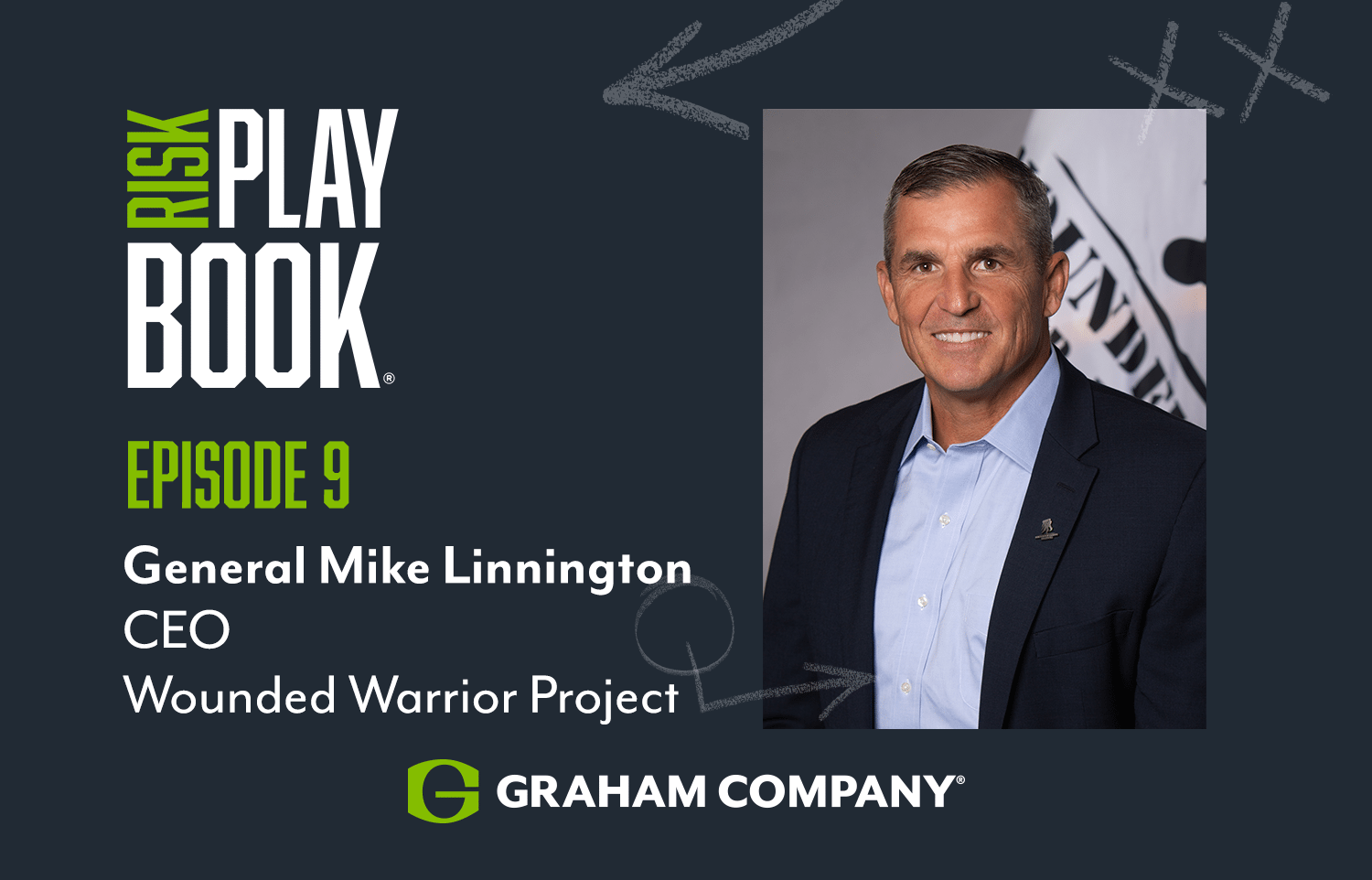With the economy continually improving, we’ve seen a proliferation of construction projects across the country. In Philadelphia alone, there are countless projects being planned, built and developed. Needless to say, it’s a much different world than we were in just a few years ago. Knowing this, it’s more important than ever that building developers, general contractors and subcontractors consider and/or be ready to bond their projects with surety bonds.
Contracts are an intrinsic part of the construction projects, but in many cases they aren’t good enough. Yes, they provide all parties involved with a legally binding agreement clearly laying out the terms and conditions of the project. But what if you’re a building developer and your general contractor bails on a project before finishing the work they agreed to do? Or what if you’re a general contractor and your subcontractor goes bankrupt in the middle of a project? These kinds of scenarios are exactly why surety bonds exist.
What is a Surety Bond?
Surety bonds are a legal requirement for contractors doing work for the federal government, state government and municipalities. These public work projects can be anything from buildings (e.g., police stations, public libraries), to bridges to installing a new sewer system for a municipality. But they all have one thing in common: taxpayer money is being used. Knowing this, the government wants to make sure this money is funding projects that are completed. They do this by requiring surety bonds from contractors who are granted this work.
In the private sector surety bonds are equally important. Let’s say you’re a general contractor about to work on a project for a building developer. Whether it’s a roofer, carpenter or electrician, more than likely, you’ll hire subcontractors to assist you with the project. The last thing you need is for one of these subcontractors to go bankrupt in the middle of a job. This would throw a serious wrench into the works because having to bring someone else in to finish the project could wind up doubling the cost. Surety bonds can help protect you from these kinds of defaults.
Why Consider a Surety Bond?
Surety bonds guarantee two things: performance and payment. They make sure that a contractor is living up to his end of the bargain. Surety bonds provide you with peace of mind because these bonds guarantee that the individual or organization being contracted to do work will live up to the terms and conditions of the agreement and finish the project on budget and on time.
How to Select a Surety Bond
If you need help figuring out what kind of surety bonds you need for your project, make sure to get your insurance/surety broker involved ahead of time. He or she can help you assess the situation and determine the kind of coverage you need to make sure your business is protected when it comes to construction projects.

Philadelphia, PA, 19102







